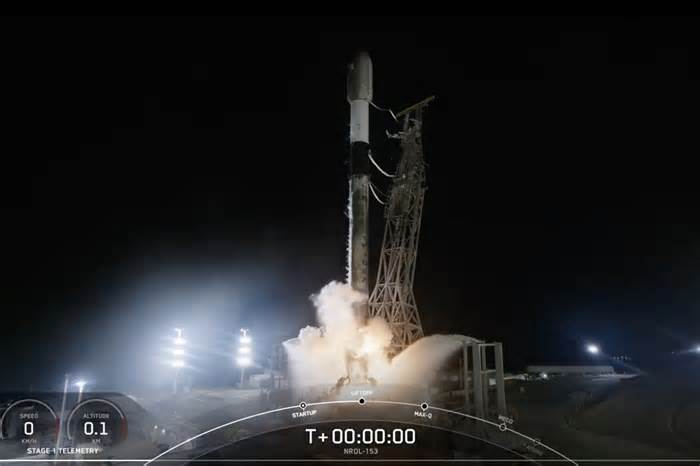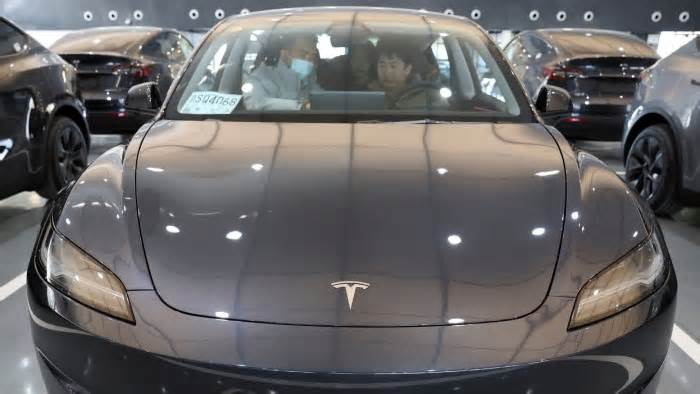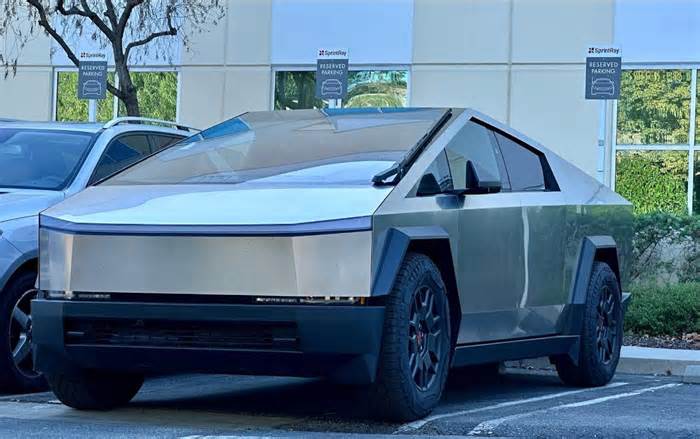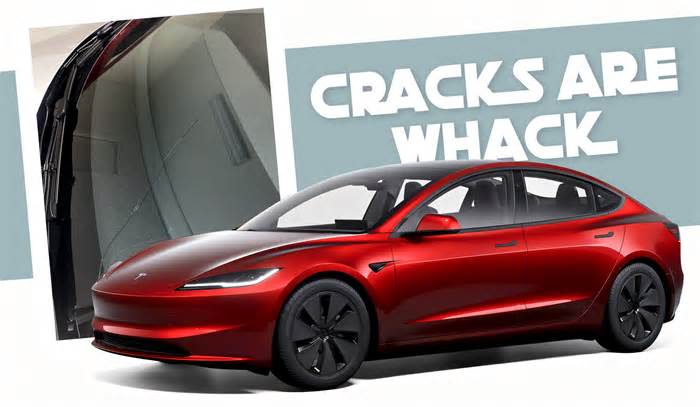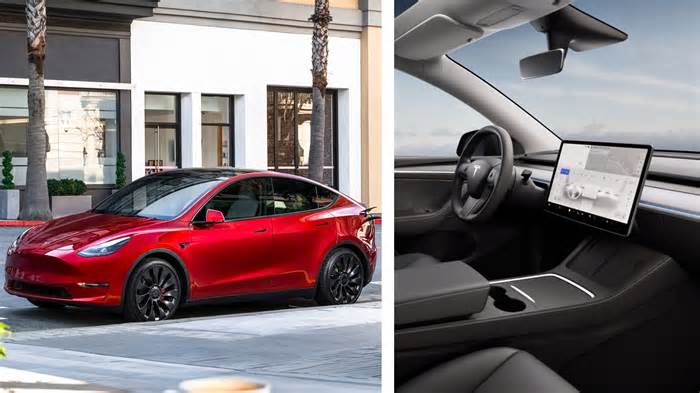
Starlink is getting squeezed in Africa
- by Htxt.Africa
- Jan 09, 2025
- 0 Comments
- 0 Likes Flag 0 Of 5
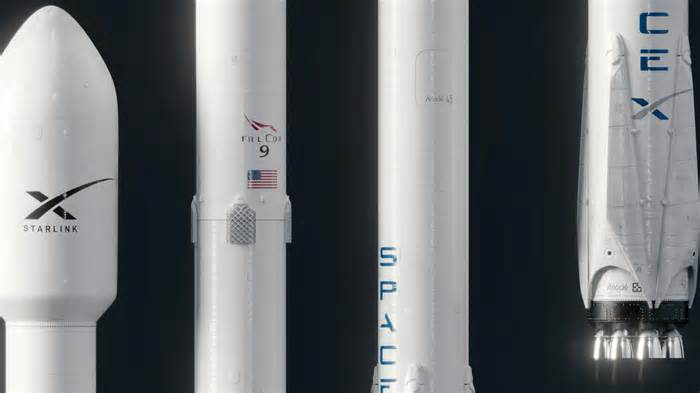
9th January 2025
Starlink, the SpaceX satellite internet provider, has been facing headwinds in its largest markets in Africa as of late, with governments on the continent imposing hefty tariffs, sanctions and regulatory hurdles for the company to continue operations.
Kenya’s Communications Authority (KCA) is the latest to be working on increasing fees for Starlink, and companies like Starlink – satellite internet services providers – to continue operating in the East African nation.
According to TechCabal, the latest increase is substantial – a tenfold hike in fees for the 15-year operating license from $12 302 to $115 331 and including an annual levy of 0.4 percent gross local turnover.
While the KCA doesn’t outright name Starlink, it is likely the only satellite provider in Kenya that could handle the fees locally, as companies like Viasat, Indigo Telecom, and NTvsat cumulatively serve less than 1 000 Kenyans.
“This change aims to ensure technology neutrality and allow investors to land signals using any technology,” the CA explained.
Headwinds in Sub-Saharan Africa
Across the continent in Nigeria, Starlink’s attempt to raise its prices in the country were immediately met with resistance and threats of sanctions.
Starlink’s plan was to raise its rates significantly in the country, where it is estimated to have around 11 000 active subscribers. Its standard subscription price would be doubled and the Starlink roaming package would be hiked by 234 percent from $30 to $100 per month.
The Nigerian Communications Commission (NCC) then said that it did not issue approval to Starlink to increase its subscription prices in the country. The regulator has pricing guidelines for local internet service providers (ISPs) and has previously blocked requests to increase prices from several of these companies as well.
Starlink, according to the NCC, had contravened “Sections 108 and 111 of the Nigerian Communications Act (NCA), 2003, and Starlink’s Licence Conditions regarding tariffs.”
The company was forced to reverse the hike or face sanctions.
In Namibia, Starlink was forced to cease operations in Southern African country due to allegedly operating without a license.
“Following an investigation, Communication Authority of Namibia (CRAN) has established that Starlink is operating a network within Namibia without the required telecommunications license,” the authority said in a statement.
“On 26 November 2024, the Authority issued a cease-and-desist order to Starlink, instructing the company to immediately cease all operations in Namibia.”
All those that purchased Starlink kits in the country would apparently have to pay fines for doing so.
A workaround struck for Starlink in South Africa
In what is likely its biggest prospective market on the continent, South Africa, Starlink will likely have to pay “equity equivalents” packages in order to receive a license to operate from the local regulator.
This is because of South Africa’s Black Economic Empowerment (BEE) requirements for companies to operate. Previously Starlink was banned from receiving a license because it would require a certain percentage of Black (or other historically disadvantaged ethnicity) executives to launch in South Africa.
The South African Department of Digital Technologies has been looking for a workaround, but the Equity Equivalent deal still means that Starlink will have to invest in local black-owned companies or “any other programme that promotes Socio-Economic advancement/ development within the South African Economy.”
“The value of these Equity Equivalent contributions may be measured against 25% of the value of the Multinational’s South African operations or may be measured against 4% of the Total Revenue from its South African operations annually over the period of continued measurement,” reads an excerpt of the South African codes of good business practices as outlined by the government.
While Starlink is no stranger to having to negotiate its operations – like in Vietnam – increased pressure from African countries will likely continue, making it more difficult for locals in Africa to receive internet access from the SpaceX firm.
[Image – Photo by ANIRUDH on Unsplash]
advertisement
Please first to comment
Related Post
Stay Connected
Tweets by elonmuskTo get the latest tweets please make sure you are logged in on X on this browser.
Sponsored
Popular Post
Middle-Aged Dentist Bought a Tesla Cybertruck, Now He Gets All the Attention He Wanted
32 ViewsNov 23 ,2024
tesla Model 3 Owner Nearly Stung With $1,700 Bill For Windshield Crack After Delivery
32 ViewsDec 28 ,2024






 Energy
Energy




